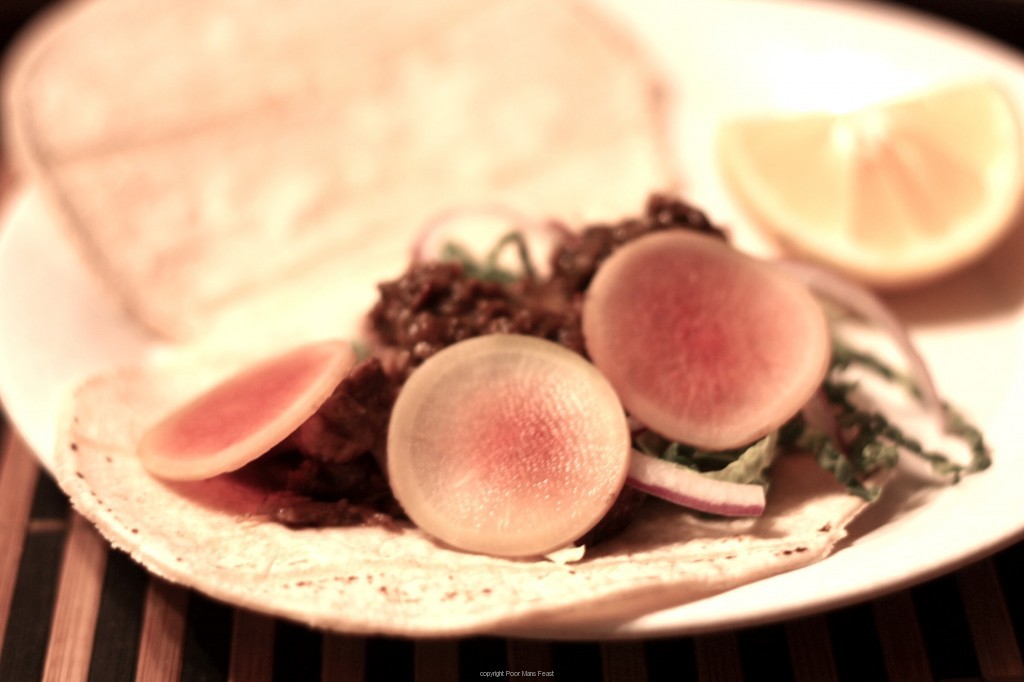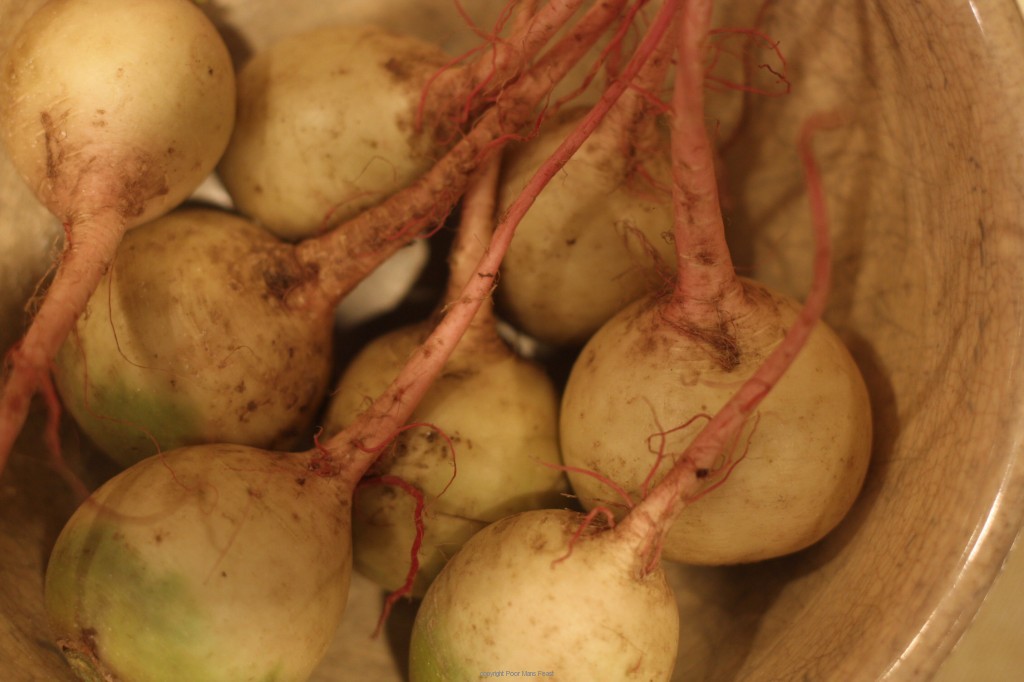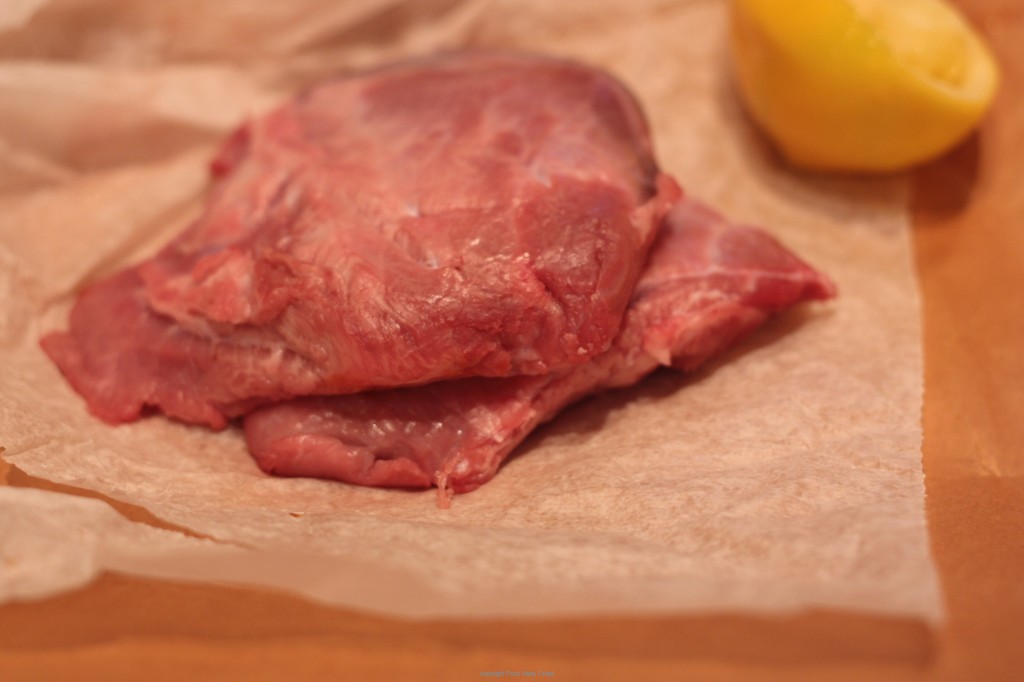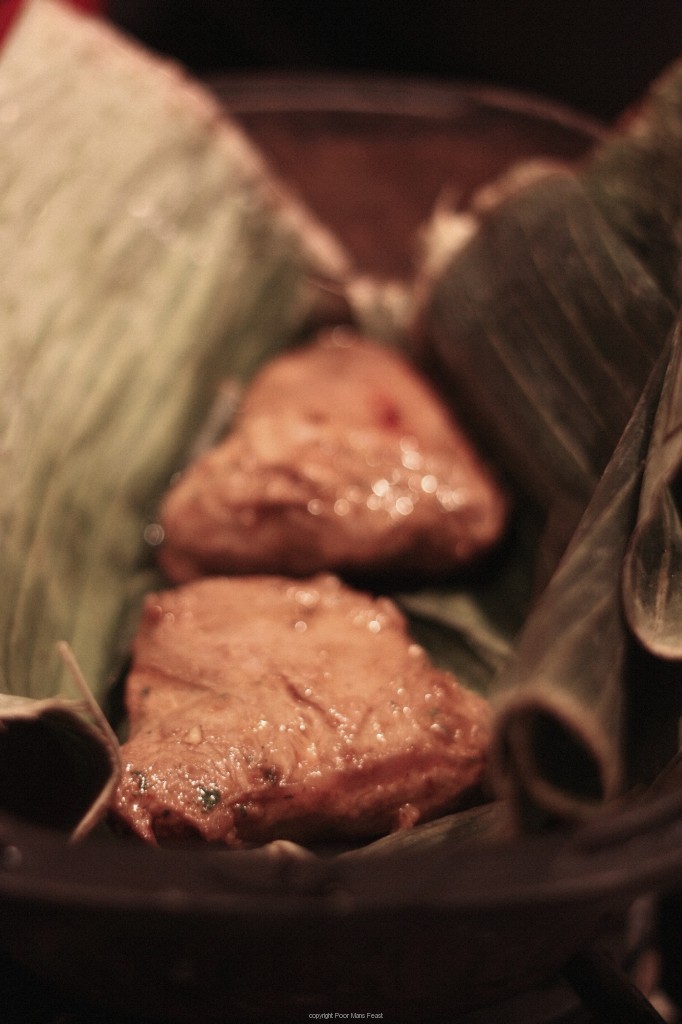(Okay, maybe not God. Or god. Or whatever. Maybe just Steve, the nice, cute butcher down the road, who reminds you that life is meant to be lived in moderation.)
I used to spend a lot of time wondering why Susan and I wound up in our specific town, in southwestern Connecticut. It’s a nice place, really, but it actually used to be kind of a joke between us, because, until a few days after 9/11, I was the editorial director of the books group at a publishing house located in this particular town; we were living way up in northern Litchfield County at the time, and when I left that gig, I couldn’t possibly fathom there being ANY reason for me to live down the road from my former employer. Just driving past the building gave me the willies. So when we moved here in 2004, I had to laugh: Of all the gin joints, in all the towns, in all the world, I had to wind up here.
It’s been almost eight years, and in that time, I published my first book, just sent my second one off to my editor, and have now begun early work on a third. Every day, I’m blessed with a job for which I’m (mostly, generally) paid to think, and write, and talk about food. I try, very hard, not to fetishize it; sometimes I succeed, sometimes I don’t.
Since I’ve lived here, I’ve also spent years fighting what I honestly believe is my body’s own aversion to eating a strictly vegetarian diet. I’ve tried to stick to it for all sorts of the usual reasons: political, ethical, humane — certainly. But also health-related, and the simple fact that, long term, I just feel better if I cut back on meat. So I refrain from eating animals for as long as I can, and then, like an alcoholic on a bender, I go on wild-eyed meat binges, even after spending an hour or so standing in my neighbor’s yard and singing to her wonderful chickens, who I’ve gotten to know personally in all their glorious chicken-ness. (Maybe that’s why we moved here: because the universe wanted me to personally get to know the little peckers, so they would cease being just another shrink-wrapped, air-chilled product in my grocery’s meat case.)
Living here in our lovely town for the last eight years, I’ve very publicly fought the good food fight that requires not only what I buy to be honestly and transparently labeled, but my SELF to be labeled as well. The labeling process goes something like this: I’m a vegetarian. No I’m not. Maybe I’m a vegan. No, no—not if I put ground pork in my mapo tofu. How about a flexitarian? That’s totally idiotic. Okay, so I’m MOSTLY a vegetarian, with the exception of the pig fixation and the fact that I really love lamb. I was once involved with a vegetarian who ate hot dogs when no one was looking, I remind myself, and she still called herself a vegetarian. So maybe I’m an omnivore? Too Berkeley, somehow.
It’s all very cumbersome, and sometimes, I want to tell myself to shut the f**k up.
Naturally, just as I hit on a label and a plan — I know: I’ll eat vegetarian all week, and then eat an entire side of beef on the weekend. What a great idea — I wander in to Steve’s butcher shop because, I tell myself, he also carries really fresh seafood. CRAZY fresh. He once sliced me a sliver of raw scallop as thin as onionskin paper, handed it across the counter, and I thought I’d pass out on the spot. So, dum dee dum dee dum….I innocently stroll in, and decide to pick up whatever fish he’s got that’s super fresh, to pan-roast and then lay atop a proportionally immense pile of sturdy dinosaur kale sauteed with the incendiary Georgian garlic we grew last year.
“Oh my god, Steve,” I gasp, pointing into the case after he inquires about my health. “You’ve got veal cheeks.”
“I do,” he says, laconically. He takes out the tray and holds it up for my inspection; they’re fresh and rosy and lovely as daisies.
But they’re veal. And there are rules about veal. Veal is a whole other can of worms. I’d have to go into therapy for at least a year.
There’s also the odd cut thing — we were never big eaters of odd cuts in my family; most Jews aren’t (with the exception of chopped chicken liver, or even helzel — chicken neck — which Old Worlders stuff and braise, or roast). For me, it’s not a religious thing: when I was eleven, my father took me out to Brooklyn for lunch at my grandmother’s house, and she served me a brain on a plate. Just like that.
Brain. Plate. Knife. Fork.
I had just seen Young Frankenstein at The Ziegfield. I’ve written about that here, but it was a pretty memorable afternoon, and very much informed the way I think about variety meats. So while I’d like to be comfortable with the idea of cooking cheeks, it’s not something I would generally do. Still, I was stunned to see them in my friend Steve’s butcher case, in our quiet town in southwestern Connecticut where my cell phone doesn’t work. I mean, this isn’t exactly Brooklyn.
In typical fashion, I stood there, staring — gawking — at the meat case, when I’d come in for seafood. I wound up with two pork chops, a steak, two fresh kielbasa, and two chorizo, all of which I froze; the half pound each of ground pork and ground beef from which I intended to make mostly kale meatish balls, I did not freeze.
“I’m giving you a couple of cheeks,” Steve whispered across the counter. “Because if I don’t, I’ll have to freeze them — no one knows what to do with them, and I know you’ll respect them.”
I felt very tall and annoyingly pecksniffian.
But just like that, I suddenly had to be okay with the idea of cooking and eating cheeks. Of a veal. Because when a butcher — who has devoted his professional life to teaching people how to use every part of the animal and not waste anything — gives you a gift of something that you’re otherwise hesitant to try, you say thank you. And then you prepare it with as much respect and love as you can muster.
Maybe that’s why we found our way to this town; kismet.
Veal Cheek Barbacoa with Pickled Watermelon Radish
Yeah, yeah. I know. Slap my wrist; it was hard for me, too. But if you can manage to find honorably, ethically-produced veal, and you have access to cheeks — which are far milder in flavor then big, burly beef cheeks — grab them (they’re not at all expensive) and give yourself plenty of time to prepare them; they’re actually muscle and require a long slow braise and an infusion of flavor from a strong marinade, like the spicy, smokey, earthy, orangey, garlic-laden one below. Because I did not have the wherewithal to dig the traditional hole in the ground which typifies barbacoa cooking, I simply wrapped the cheeks in banana leaves (not exotic; you can get them, frozen, at any good Asian supermarket) and slow-cooked them in the ancient Romertopf that my cousin Carol handed down to me when she left New York. (If you don’t have a romertopf, a slow cooker set on low, or a Creuset will work fine.) They were lovely, exceedingly rich, and the perfect amount for a meaty side to an otherwise vegetable-focused dinner. Serve leftover pickled watermelon radish on a banh mi (vegetarian, vegan, or not).
Serves 2
Marinade
1/2 cup chicken broth
2 chipotle peppers in adobo
1 tablespoon adobo
2 garlic cloves
1 teaspoon instant coffee
1/2 teaspoon toasted cumin
1 small Manadarin, peeled and seeded
1/2 cup cilantro
Juice of 1/2 Meyer Lemon
Veal Cheeks
1 tablespoon extra virgin olive oil
2 veal cheeks, silver skin removed, about 8 ounces, total
2 frozen banana leaves, defrosted
4 fresh corn tortillas
1/2 red onion, thinly sliced
pickled watermelon radish (optional)
queso fresco (optional)
For the marinade:
Place all the ingredients for the marinade in the bowl of a food processor and pulse repeatedly until the Mandarin is completely pureed.
Put the cheeks in a bowl large enough to hold them, cover with plastic wrap, and refrigerate for 8 hours, or preferably overnight.
For the veal cheeks:
If you’re using a Romertopf, soak both pieces in cool water for 30 minutes. Meanwhile, remove the cheeks from the marinade, and scrape off any residual marinade back into the bowl. Pat the cheeks dry, heat the oil in a medium saute pan until it begins to shimmer and brown them on both sides, about seven minutes. Set aside.
Preheat oven to 300 degrees F. When the Romertopf is ready, lightly pat it dry with a clean kitchen towel, and line the bottom with one banana leaf. Set the cheeks down on the leaf, pour the marinade over the cheeks, along with any remaining cooking juices from the saute pan. Top the cheeks with the remaining banana leaf, and tuck the ends in underneath them to form a package. Put the top of the romertopf back on, and place in oven for 3 hours.
Carefully unwrap the cheeks — which should be butter-soft — and place them in a shallow bowl. Using two forks, pull the meat apart into small pieces. Pour any remaining cooking juices into a small saucepan, and keep warm over very low heat.
Serve drizzled with cooking juices on warm corn tortillas with slivered red onion, pickled watermelon radish (recipe below), and queso fresco, if desired.
Pickled Watermelon Radish
1 cup water
1 cup white wine vinegar
1 tablespoon coriander seeds, lightly smashed in mortar & pestle
pinch hot red pepper flakes
1 pound watermelon radishes, stemmed and tailed
In a medium sauce pan, combine the water, vinegar, coriander seeds, and pepper flakes, and bring to a boil for 3 minutes. Remove from heat and let cool while you slice the radishes.
Using a Benringer slicer (or other similar mandoline), carefully slice the radishes to a thickness of 1/16th of an inch. Place them in a large Mason jar, pour in the brine to cover, and refrigerate for an hour before using.








Steve is a treasure, you’re a gem and what is pecksniffian?
I was wondering the same thing – what is a “pecksniffian?” It’s a great word, even if spellcheck doesn’t think so!
Elissa, my dear, you are not a vegetarian. You’re just not. You’re a vegetable lover who also loves her meat, and so be it. I can’t even imagine you as a vegetarian! When can we just lose all those labels? Thanks for another great piece!
Well, Deborah, if YOU say I’m not a vegetarian, then….I’m definitely NOT a vegetarian. And PECKSNIFFIAN: haughty, pompous, etc. The etymology of the word is Dickensian!
Am i the only one that didn’t need the transation of helzel?
Yes.
Great post.
BOTH my grandfathers were butchers. One in NYC; the other in Cheshire, England, and he was a pork butcher and made lovely pork pies, similar (but better than) the ones you can get at Myers of Keswick on Hudson Street.
I think The River Cottage Meat Book is a pretty good treatise on eating meat ethically.
Thanks Victoria! Ah, Myers….I love that place.
Very funny article!
I typically avoid veal, but I ordered veal cheeks at a restaurant a few years ago out of curiosity (it’s not something I see on menus often, let alone the butcher shop case). My dining companion was horrified, but they were so tender, so flavorful…a one-time experience worth having, I think.
Everyone has echoed my question. “Pecksniffian” sounds…not like what you defined it as
It’s true. If Deborah Madison says you’re not a vegetarian, you should probably just give up on any label in that area right now, Elissa, no therapy required.
I’d say Steve was right. You respected them.
That looks like a delectable marinade. Because of the difficulty with obtaining veal cheeks, as well as the ethical reasons, would that work effectively with lamb or beef? And which cut? I guess beef cheeks would make the most sense…
Sarah, I wouldn’t do lamb because it’s already a very strong flavor — a little too old and it can be wildly gamey. Young, it’s delicious but extremely earthy. Beef cheeks can be VERY strong; they would make the most sense though. Marinate them longer (24 full hours), and braise them longer — 4-5 hours. And double the amount of marinade.
I bumped into a wonderful cookbook , while researching cookbooks on Amazon.”Well Fed Paleo Recipes for People Who Love To Eat”, by Melissa Joulwan. I had no idea what Paleo was (I looked it up) I was intrigued. I ordered the cookbook.If you love animal protein (sounds like you do) love LOTs of vegetables, and lots of flavor, you might give it a look. I love to cook,I love to eat (with lots of flavor of course) and I like being healthy.This is not a plug for a Paleo lifestyle, but like you I wouldn’t be able to pass up the offer on the veal cheeks:)
“Am i the only one that didn’t need the transation of helzel?” No. What about tongue. From Fox’s Kosher Deli with my Papa Abe. Yum.
Elissa, Elissa, Elissa, you must lose your fixation with labels. I am not sure that I am human, but I don’t dwell on whether I am or not. If recent history teaches anything, having a fetish with labels leads one’s last name to be an unfortunately popular Google search. Remember, no matter where you go, there you are.
PS. Is Steve’s anywhere near Ridgefield? My sister is there and owes me. . .
oh wow, veal cheek banh mi … you had to mention that! well, i’m using your words as inspiration . i went to the russian deli and bought 3 smoked salmon heads (i say “bought” but $3/lb is a giveaway, really), trimmed off the filets before they were sliced into lox. i will use the belly and cheek meat for a banh mi with watermelon pickles, made from the white bits of the melon cut up yesterday. you’re so clever, and you make me feel clever, too, elissa! thank you for your words and the influence.
As a relatively new reader of your blog, I’m having the most fun reading backwards by date, poring through the archives one essay at a time. It’s like discovering a book I hope will never end (which means, of course, I’ll buy your actual book due out next year). In the meantime, I’ll enjoy this online treasure, and the way you turn a phrase, conjure images with words as well as any photographer, give us the gift of revealing yourself in your stories as strongly as any fictional character we wish were our friend, and use words like pecksniffian.
{ 1 trackback }